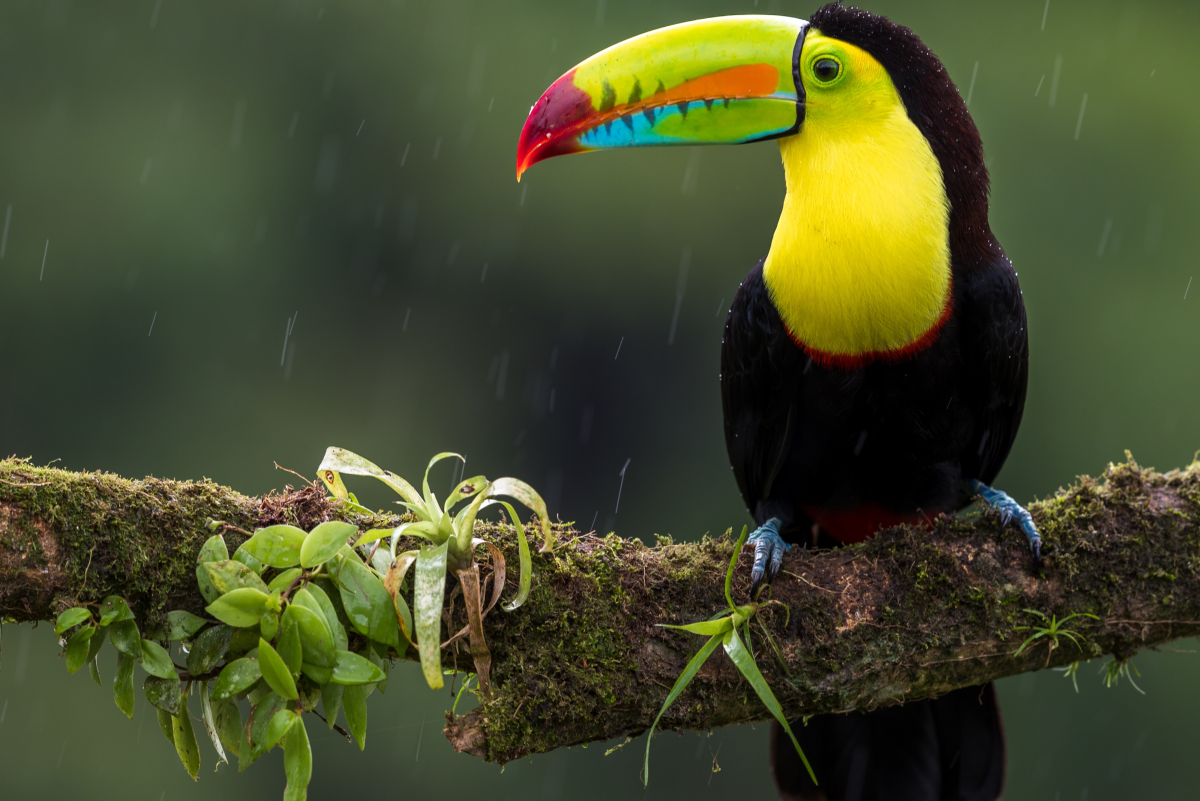From slithering reptiles to colorful avians, exotic pets have captivated the imaginations of animal enthusiasts for centuries. In this comprehensive guide, we embark on a journey through the diverse realm of exotic pets, unraveling the intricacies of their care, behavior, and unique characteristics.

The Allure of Exotic Pets
Exotic pets encompass a vast array of species, ranging from unconventional mammals to exotic invertebrates. Their allure lies in their striking appearances, intriguing behaviors, and the opportunity they provide for owners to experience a deeper connection with the natural world.
Understanding Exotic Pet Ownership
Owning an exotic pet comes with a unique set of responsibilities and considerations. Unlike traditional pets, such as dogs or cats, exotic species often have specialized dietary, environmental, and healthcare needs that require careful attention and expertise.
Legal Considerations
Before acquiring an exotic pet, it’s essential to familiarize yourself with local and national regulations governing their ownership. Many exotic species are subject to stringent laws aimed at protecting both the animals and the public from potential hazards or risks associated with their care.
Specialized Care Requirements
Each species of exotic pet has its own specific care requirements, ranging from habitat design and temperature control to dietary preferences and socialization needs. It’s crucial for prospective owners to thoroughly research and understand these requirements before bringing an exotic animal into their home.
Popular Exotic Pets
Exotic pets come in all shapes and sizes, with some species being more commonly kept than others. Here are a few examples of popular exotic pets:
Bearded Dragons (Pogona spp.)
Bearded dragons are one of the most popular reptile pets due to their docile nature, striking appearance, and relatively low maintenance requirements. These lizards are native to Australia and thrive in captivity when provided with a suitable habitat and diet.
Sugar Gliders (Petaurus breviceps)
Sugar gliders are small marsupials native to Australia and New Guinea. These adorable creatures are known for their gliding abilities, nocturnal habits, and social nature. However, they require specialized diets and housing to thrive in captivity.
Axolotls (Ambystoma mexicanum)
Axolotls, also known as Mexican walking fish, are amphibians native to Mexico. These unique creatures are famous for their regenerative abilities, external gills, and neotenic features. Axolotls require cool, clean water and a diet rich in protein to remain healthy.
Ethical Considerations
While the allure of exotic pets may be undeniable, it’s essential to consider the ethical implications of their ownership. Many exotic species are captured from the wild or bred in captivity under questionable conditions, leading to concerns about animal welfare and conservation.
Responsible Sourcing
When acquiring an exotic pet, it’s crucial to seek out reputable breeders or adoption organizations that prioritize animal welfare and ethical breeding practices. By supporting responsible sourcing, owners can help mitigate the negative impact of the exotic pet trade on wild populations.
Education and Advocacy
Educating oneself and others about the unique needs and challenges associated with exotic pet ownership is essential for promoting responsible stewardship of these animals. Advocacy efforts aimed at improving legislation, raising awareness, and fostering community support can help ensure the welfare of exotic pets both in captivity and in the wild.
Conclusion: A Window Into the Extraordinary
Exotic pets offer enthusiasts a window into the extraordinary diversity of life on Earth. From the vibrant colors of tropical birds to the intricate patterns of exotic reptiles, these animals inspire wonder and appreciation for the natural world. However, their care and keeping require dedication, expertise, and a commitment to ethical stewardship. By understanding the complexities of exotic pet ownership and advocating for responsible practices, enthusiasts can forge meaningful connections with these remarkable creatures while ensuring their well-being for generations to come.